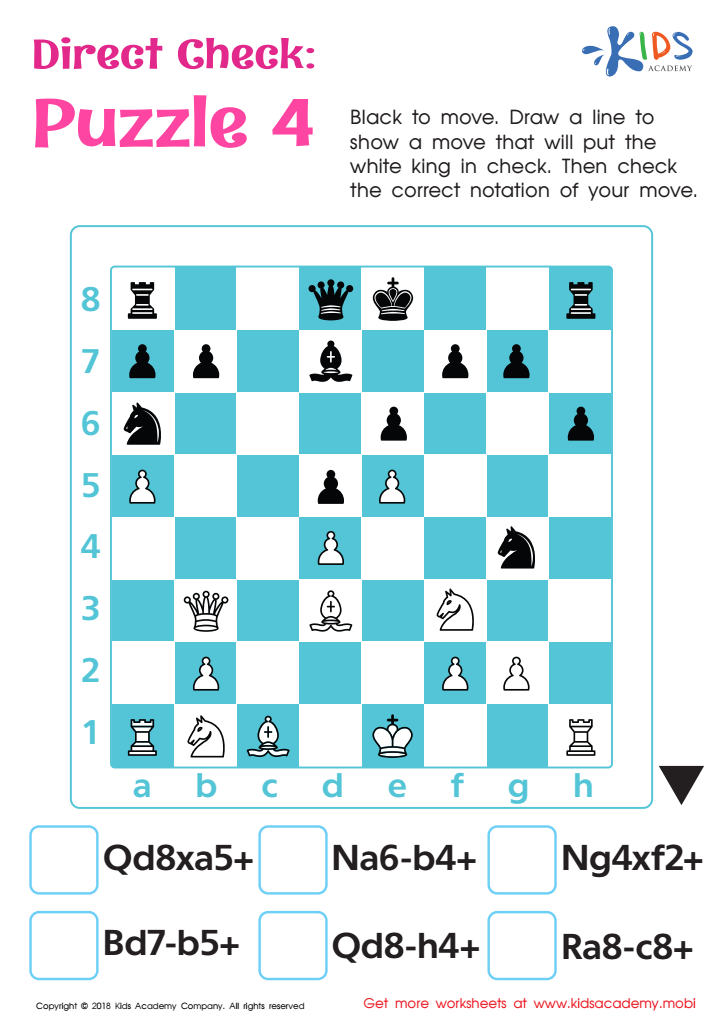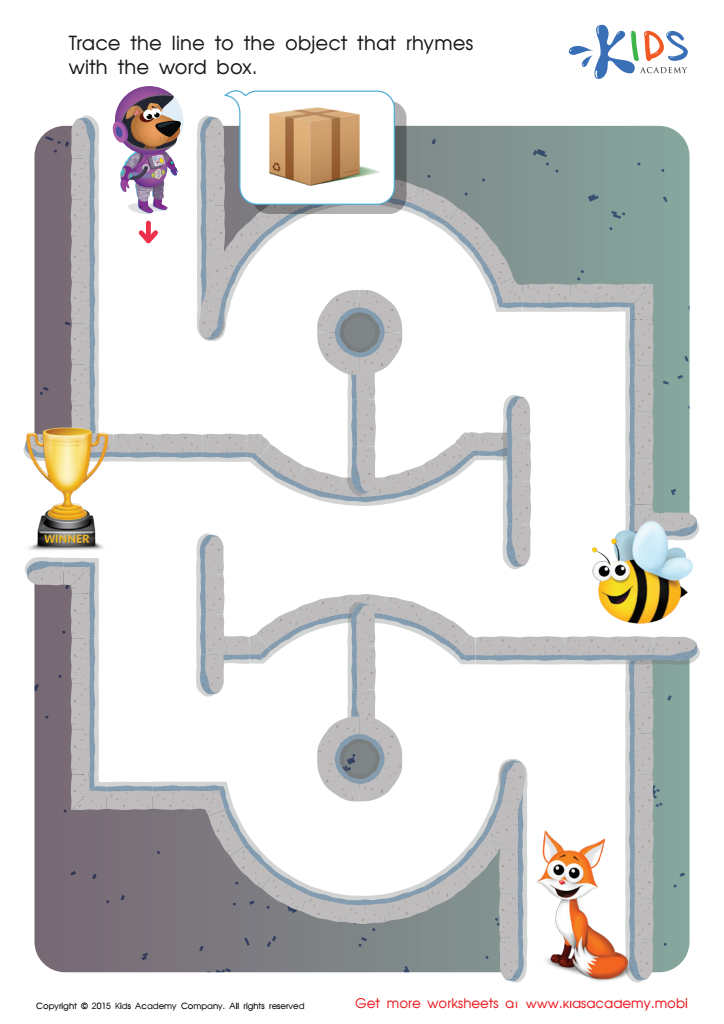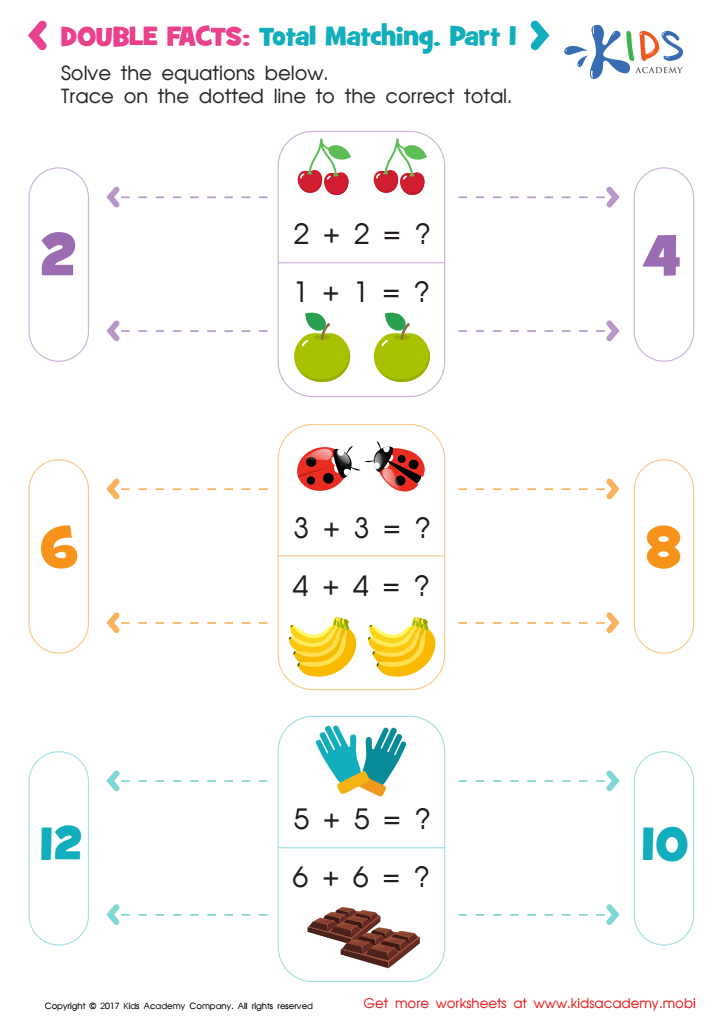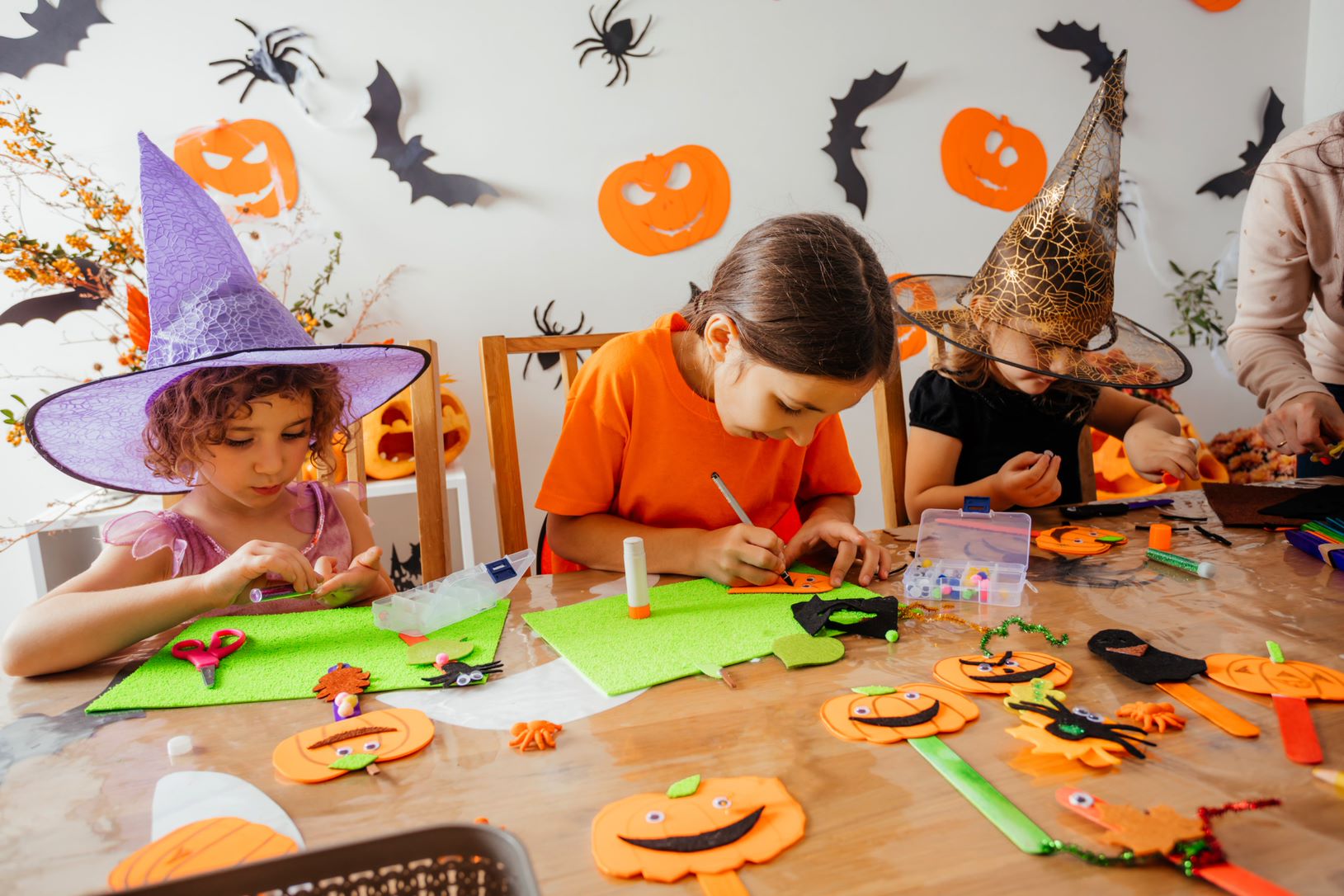Promotes number recognition Worksheets for Ages 4-7
4 filtered results
Difficulty Level
Grade
Age
-
From - To
Subject
Activity
Standards
Favorites
With answer key
Interactive


Direct Check: Puzzle 4 Worksheet
Assess your children or students' chess progress with this simple worksheet. They must play as black and draw a line to put the white king in check. Then, review the provided options and circle the correct notation. This will help you gauge their skills and understanding of strategic movements.
Direct Check: Puzzle 4 Worksheet
Worksheet


Box Rhyming Words Worksheet
Kids Academy offers various educational materials, including a new vocabulary worksheet focused on finding rhyming words with 'dog'. Trace the connection between the object near the dog and its rhyme. Our collection is free - download it and practice!
Box Rhyming Words Worksheet
Worksheet


Double Facts: Total Matching Worksheet: Part 1
Help your students take their numbers knowledge further with this fun math worksheet! Solving equations has never been more fun; simply trace the dotted lines with a pencil to the correct answer. As your child gets the hang of it, watch them be amazed as math problems become playtime.
Double Facts: Total Matching Worksheet: Part 1
Worksheet

 Assign to the classroom
Assign to the classroom



.jpg)









